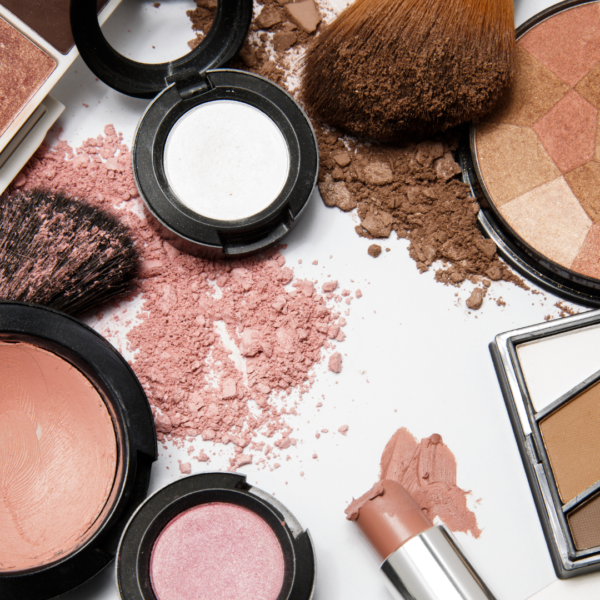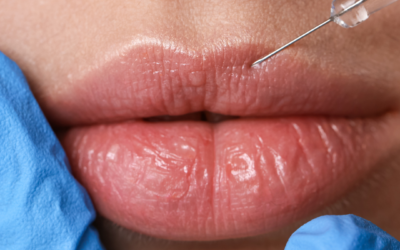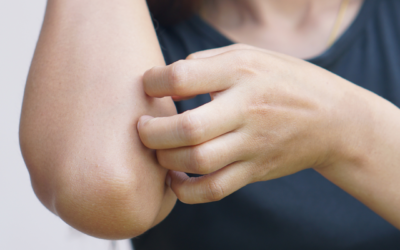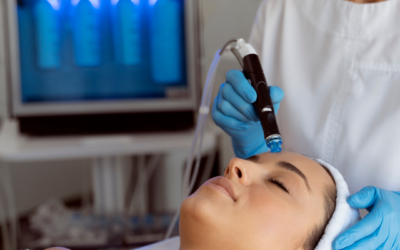
When it comes to skincare, one question we hear often at our dermatology practice is: does makeup cause breakouts? Many people worry that their makeup might be the reason behind their acne or clogged pores. While makeup can sometimes play a role, the connection isn’t always as straightforward as it seems.
What Really Causes Breakouts?
To understand whether makeup causes breakouts, it’s important to first know what actually triggers acne. Breakouts happen when your pores get clogged with a combination of excess oil (sebum), dead skin cells, and bacteria. Factors like hormones, genetics, and stress are the usual culprits, but external elements—like makeup—can sometimes worsen the problem.
How Makeup Can Contribute to Acne
Not all makeup is bad for your skin, but certain ingredients can clog pores and lead to acne, especially for people prone to breakouts. Products that are thick or oil-based are more likely to trap dirt and oil on the skin. The key is to look for makeup labeled as non-comedogenic, meaning it’s designed not to clog pores. These products are typically lighter and more breathable on the skin, helping reduce the risk of breakouts.
Choosing the Right Makeup
If you’re concerned about breakouts, choosing the right makeup can make a big difference. Look for oil-free or water-based foundations and powders, especially if you have oily or acne-prone skin. Mineral makeup can also be a good option because it’s lightweight and often less irritating for sensitive skin. Sticking to these types of products can help you enjoy wearing makeup without worrying as much about acne flare-ups.
The Importance of Makeup Removal
One of the most important steps to avoid breakouts is proper makeup removal. Leaving makeup on overnight or not cleansing your face thoroughly can cause buildup in your pores, which may lead to acne. It’s essential to remove your makeup every night with a gentle, non-comedogenic cleanser, followed by a moisturizer suited to your skin type. Clean skin allows your pores to breathe and helps prevent potential blockages.
Keep Your Tools Clean
It’s not just the makeup itself that can lead to breakouts—your brushes and sponges can, too. Dirty makeup tools can harbor bacteria, oil, and leftover product that can transfer onto your skin. Make it a habit to clean your brushes and sponges regularly, at least once a week, to reduce the chance of spreading bacteria and causing breakouts.
The Bottom Line
While makeup can contribute to breakouts if it’s not the right kind for your skin or if it’s not removed properly, it doesn’t have to. By choosing non-comedogenic products, cleaning your tools, and sticking to a thorough cleansing routine, you can wear makeup and keep your skin healthy. If you’re still struggling with acne despite following these steps, it may be time to see a dermatologist to explore other treatment options.





